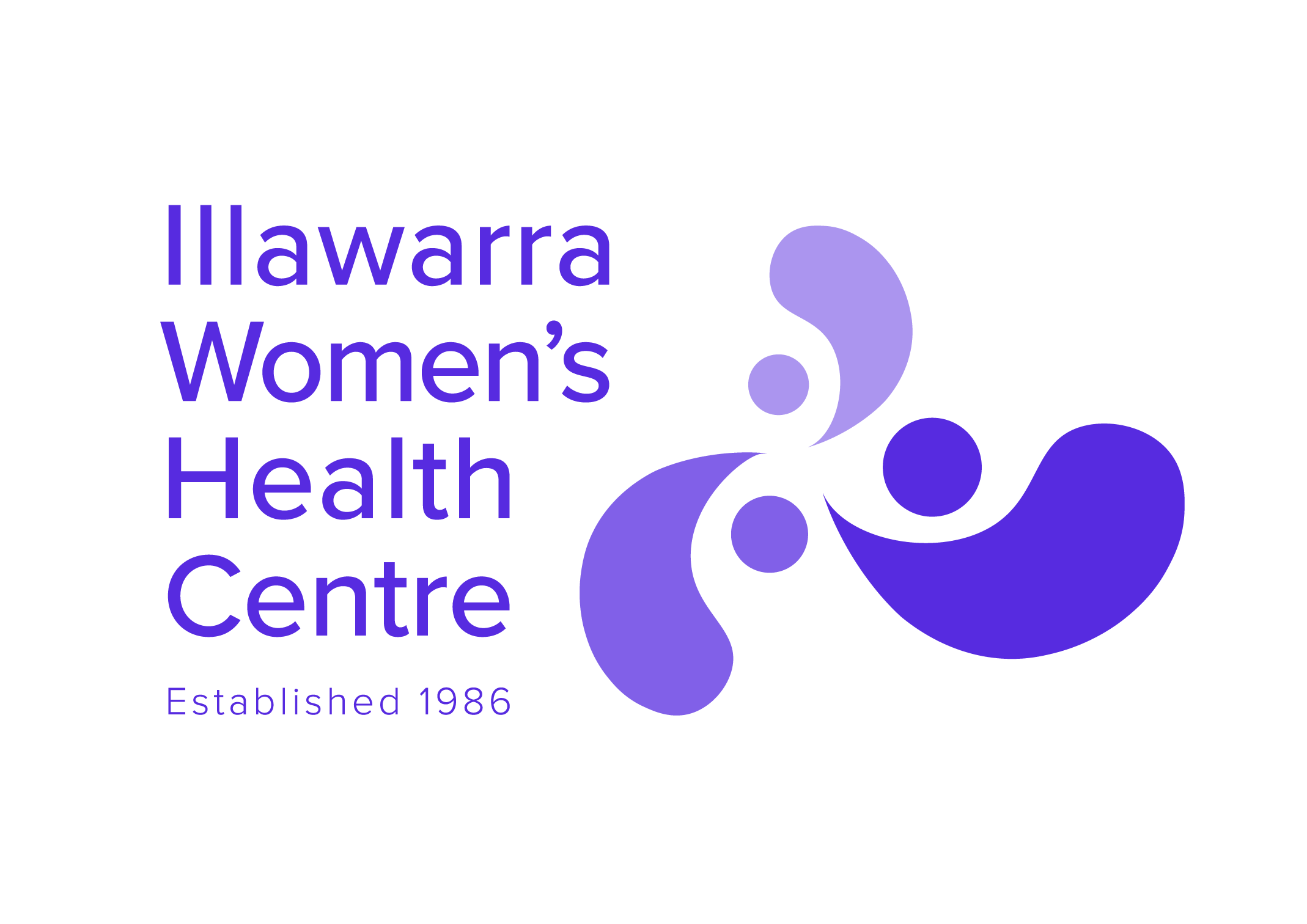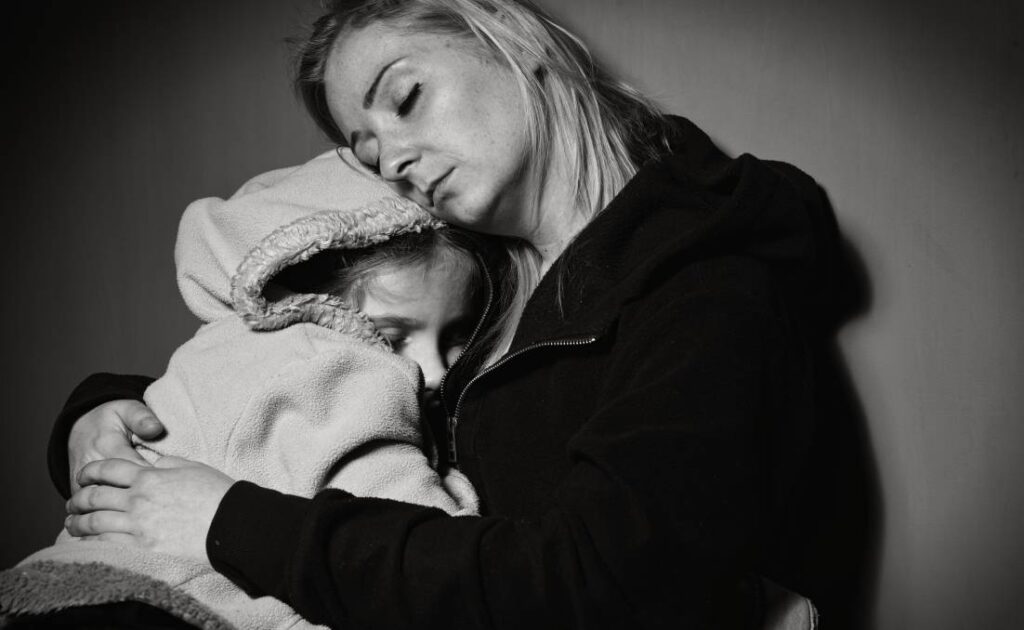Illawarra Mercury – Rachael Humphris
In NSW, Aboriginal children are 10 times more likely to be removed from their families than non-Aboriginal children. The violence and trauma perpetrated by colonisation is especially present in the child protection system.
Once any child is in out of home care, contact between them and their mum will be decided by Child Protection or a Magistrate, and will often be supervised by someone else. There will be court hearings, and reports written, critiquing her parental capacity and attachment. During this time the mother will be required to show she is committed to reducing the risk assessed by child protection through attending parenting programs, drug and alcohol counselling, trauma counselling and participating in drug testing.
There might be four or five appointments a week, where she is asked to examine pain and trauma or memories of things that happened when she was a little kid herself that still affect her today. She might have a disability that makes it hard and painful to get the bus from appointment to appointment, or she might be sitting in the room with the gut-churning anxiety that her ex-partner has followed her there and will be outside waiting for her when she leaves.
There’s a possibility that what she says to a support worker or counsellor will be subpoenaed and used in court. Despite all this, she has left her house this morning, which is quiet for the first time since she brought her first baby home from the hospital. The raw grief of losing her kids is a constant companion.
We’ve lost our humanity when it comes to responding to mothers whose children are removed from their care. We accept too easily the story that these mothers do not love and care for their babies. We doubt whether they deserve to have them in their care if they’re using drugs or don’t leave a relationship where there’s violence.
In recent years we have seen an improvement in community awareness of domestic and family violence. There is a better understanding that asking questions like ‘why doesn’t she just leave?’ are naive to the complexity of domestic and family violence and can simply blame the victim of abuse.
This has not been matched with an understanding or compassion towards mothers who are navigating this domestic terror with their children. There seems to be a firm expectation that when kids are involved, she should just leave. We are seeing mothers punished for ‘not keeping their children safe’ when responsibility and punishment should lie with the perpetrator and protection should lie with the State.
There is an enormous responsibility placed on the shoulders of mothers in these situations. Support services might sit around a table, notebooks in front of them, and ask her what sort of support she needs to be safe and well with her kids in her care. If she is lucky, she might have a family member or friend seated next to her who can help her find her words when her mind turns blank and frozen.
Often these questions are asked of mothers who have had fractured relationships with their own families, whose childhood might have been missing the things they have been desperately trying to give their own kids. It puts immense pressure on her to articulate what she needs when it might not be clear what is available. Services can equally be constrained by long waiting lists, restricted criteria for entry, and insecure program funding. What limited support there is and what support a family needs don’t always align.
What would it be like if this system actually responded to a child’s needs? Removing a child from their mother is an intervention of last resort. How can we better support families so kids stay at home and are not taken away at all? We need to reimagine a system where mothers are responded to with compassion, nurturing and real support. This might already exist on an individual level, case by case, but for it to actually effect change, it needs to be built into the system.
What would it be like if rather than taking a baby from their mum and putting the baby into foster care, mum and baby were able to stay together, put into a safe place where they can live with support wrapped around them, with people who are there to help with the kids and the running of the house? Rather than mum catching a bus to four different appointments in a week, because being able to drive and to afford to run a car is a serious privilege in the world we live in, the support comes to her.
The support is consistent and predictable and long term because we’ve established that the traumatic impact on family violence victims is similar to returned war veterans. If mum says I am having a bad day today, I’m feeling really low today, then she and her kids can curl up on the couch in front of a movie without the looming threat that the power might be cut off, or that there’s no food to make dinner without a 20-minute walk to Coles in the rain.
This type of support is not revolutionary nor impossible to implement. It is the support a mature and concerned society would provide. But for it to work in practice, we must stop subscribing to the idea that mums who have lost their kids don’t love them. Let us instead imagine a life where they stay together as a family, where they are valued and supported by a caring and compassionate community. Let us work together to achieve that.
Rachael Humphris domestic and family violence Social Worker, Illawarra Women’s Health Centre


